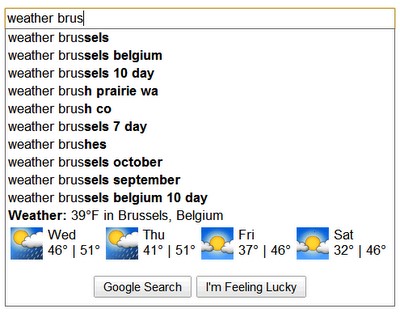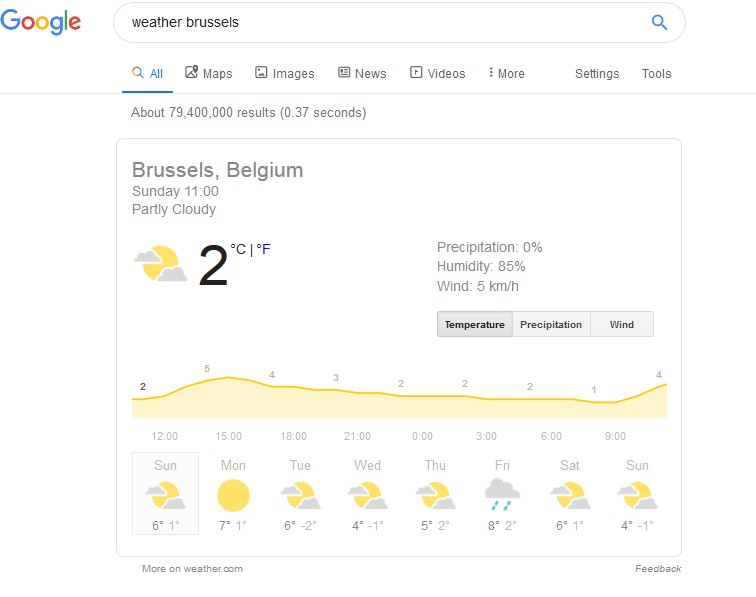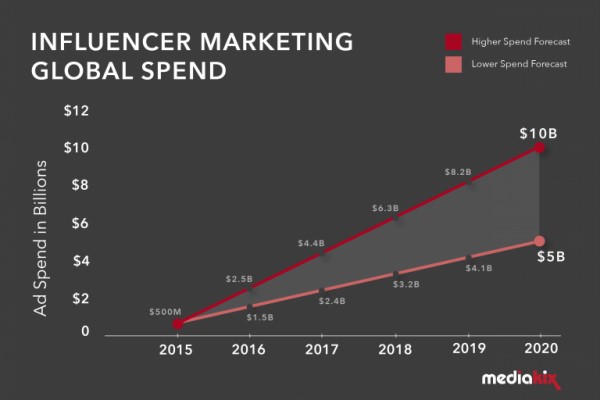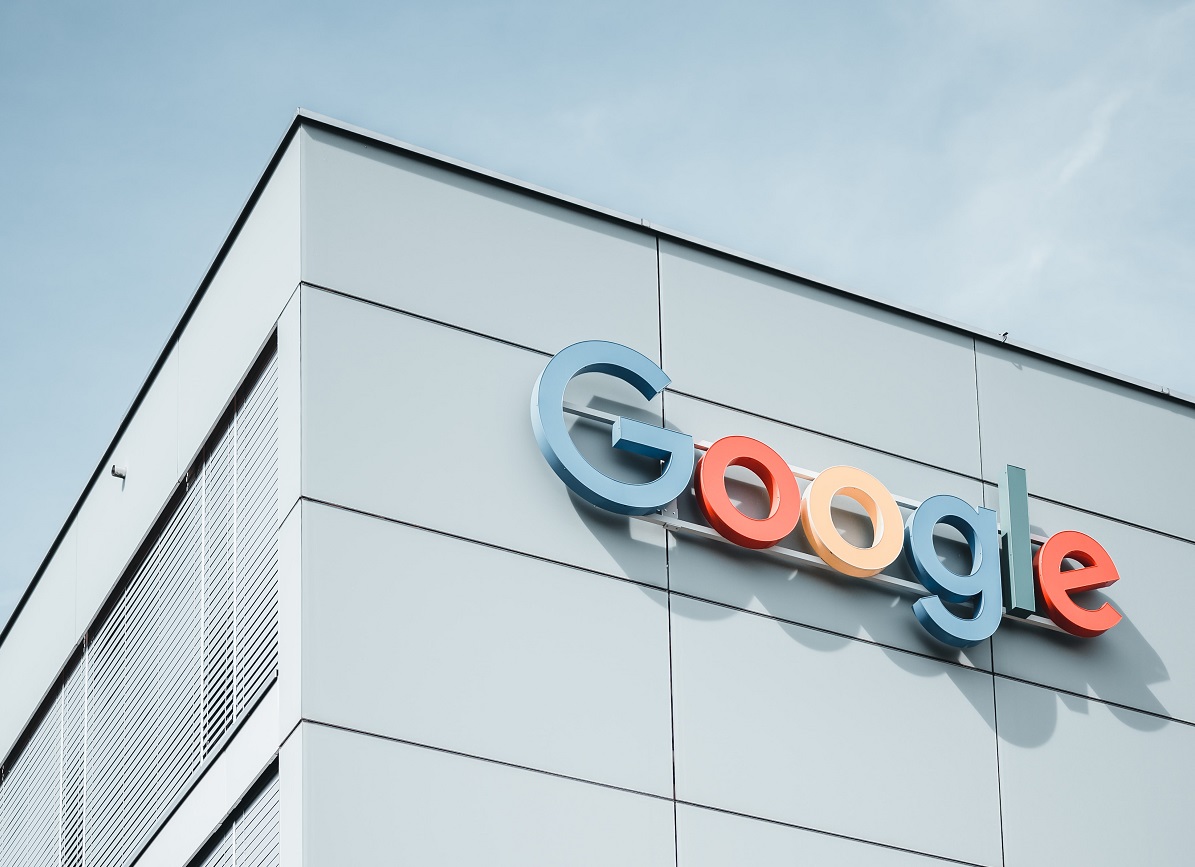Digital Marketing in 2020 & False Prophecies
So, what will happen in digital marketing next year?
In short, mobile will kill the desktop, Google’s search results will be more personalized, new websites with limited budgets will find it harder to generate organic traffic while strong brands will get stronger, Google will display Twitter and Facebook statuses on the search results, shortened URLs will be the biggest thing, and finally, Microsoft’s Bing will truly challenge Google.
Wait a minute. Does it sound familiar? Or strange?
Those are some of the predictions published in leading sites towards the end of the previous decade, between December 2009 and January 2010.
Really? How can that be? First, let me give you some background:
Digital marketing in the end of the previous decade:
2009 was a dramatic year in the evolution of digital marketing: Bing, Microsoft’s search engine, was launched; Yahoo!, then a fairly popular search engine that also provided SiteExplorer and other useful tools for webmasters, started to fade; Google began displaying real-time and personalized results, and Facebook and Twitter became giants.
So, which predictions are still relevant ten years later?
Back in 2009, Rand Fishkin from MOZ (then SEOmoz) predicted that more search engine would generate zero clicks.
“Google & Bing are both doing more to make their visitors stickier and get their queries answered without ever having to leave the engine. […]My perception is that the more the engines can apply ‘instant answers’ to search queries, the more they will, and the less any other sites will see traffic from those queries.”
As of December 2019, about half of Google’s queries have “zero clicks” results, i.e. the answers to those queries are answered in the search results page itself. It happens both in simple queries such as “what is the weather” and in more complicated ones such as “what is the meaning of life”.
Then:

And now:

Fishkin and others were also correct in their predictions regarding the search results personalization, and their limitations. Yes, Google’s search results are influenced to some degree by the user’s location and search history. But personalization doesn’t really impact SEO, and in 2020, as in 2010, it will harder to remove strong brands that already hold tightly to the first positions.
There is a disagreement about the relevancy of position tracking in today’s digital marketing environment. On one hand, the rankings are inaccurate, not only because of the personalization but also due to the constant algorithm updates and the changing structure of the results page. With Google Shopping, Knowledge Graph, “People also Ask”, videos and other visual elements that take over the search results, the eye doesn’t immediately draw to the top of the page, but it may wander between the different areas. This behavior is known as The Pinball Pattern, and it changes the way users interact with the search results. Still, position tracking can help identify problems, search trends and to understand the target audience and their search intent.
For Facebook, 2009 was the breakthrough year. Although the social network was already five years old, in 2009 it reached 350 million users worldwide and a daily average of 45 million status updates.
Mashable wasn’t wrong to predict a decade ago that Facebook’s ambitions are greater than passing MySpace and becoming the world’s largest social network. “They’re almost certainly going to be BIG“, they wrote in December 2009, and forecast Facebook’s IPO, their global dominance and their plans to develop a virtual currency. They didn’t need to be clairvoyant to see this coming: Facebook started working on FacePal, a virtual payment service and a potential competitor to PayPal, already on March 2009, and in 2020 Facebook is planned to launch Libra, its blockchain currency.
What did they miss?
The estimation that Facebook will rule the world wasn’t wrong; but in 2009 it was impossible to foresee the social network’s influence on the concept of privacy, the 2016 elections, the Rohingya genocide – and online advertising. In 2009, Facebook was still seen as a free platform for content distribution, online brand building and customers’ service. Although it wasn’t hard to predict that Facebook will enter the advertising niche, it was hard to predict the scope of its dominance and revenue. Currently, Facebook and Google dominant about 70% of the online advertising market in the US. According to the company’s 2019 third quarter report, Facebook revenue was estimated as 17.652 billion dollars, 92% came from advertising alone. No one could have predict Messenger’s bots, Instagram and the influencers market, which makes billions of dollars a year. And speaking of Facebook, let me squeeze another word: WhatsApp.

Source: https://mediakix.com/blog/influencer-marketing-industry-ad-spend-chart/
Another miss is the overestimation of Bing. At the end of 2009 Bing was still a new and promising search engine, which it was expected (or hoped) to take a bigger bite of Google’s search dominancy. Others expected Bing to provide technologic innovations and unique mapping services, but none of these predictions came true. Although Bing did introduce some interesting updates over the years, their global share is about 5% .Then, it cannot be taken seriously as a significant player in search marketing.
Looking back, Microsoft’s acquisition of LinkedIn seems like a more relevant promise, if not in the search market, at least in the social networks niche, even in its more formal version.
How digital marketing will look in a year (or a decade)?
Our Predictions:
– More queries with less organic traffic – Google will continue to expand the search results, and more websites will find themselves competing directly with Google on traffic and leads. Google would probably pursue further than flight and hotel booking, and may invade other areas: perhaps real estate, job hunting and more. Obviously, the result will be less clicks on websites that offer these services.
– More voice, visual and vertical searches – in 2020 the prediction that 50% of all searches will be voice searches is supposed to come true. And although we believe it may take longer, we cannot longer ignore voice and visual searches. Also, Google will face competition from vertical and niche search engines – Amazon for products search, Booking & Trip Advisor for hotels, restaurants and tourist attractions, and Facebook for everything else.
– More video and audio and fewer texts – video marketing is on the rise for several years now, and it is not expected to slow down anytime soon, but the other way around: 80% of all internet activity will be video. Written content, on the other hand, is expected to saturate, and many websites will have to reconsider their content strategy.
– Less emphasize on rankings and more on traffic and conversion optimization – with the inevitable drop in organic traffic, websites will have to invest more in converting the site’s current visitors. It means more A/B testing, aggressive selling tactics, and hopefully the result will be more returning users, higher dwell time, and other behaviors rewarded by Google.
If you want to see if we were right or wrong in our former predictions, or to learn more about your brand’s digital presence in the previous year or decade – contact us.




